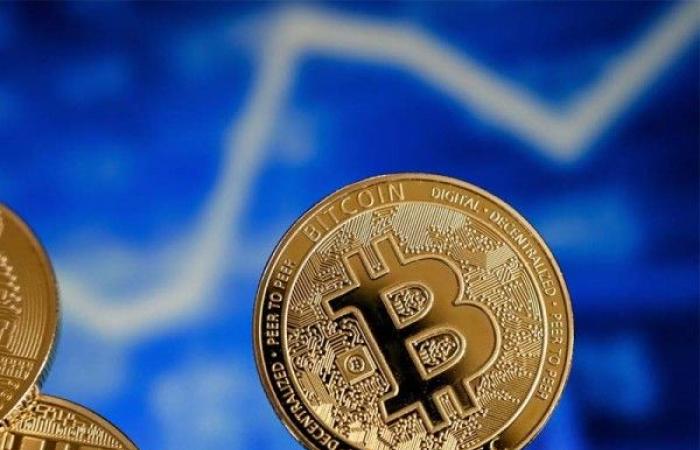The cryptocurrency shows a gain of 1.08% compared to the day before, to 88,935 dollars. For comparison, it was trading below $70,000 before the presidential election on November 5.
Bitcoin continues its frantic race for records on Tuesday, approaching the $90,000 threshold thanks to the victory of Donald Trump and his deregulation program, when the stock markets are worried about the increase in customs tariffs promised by the future president of the UNITED STATES.
The asset gained 1.08% compared to the day before, to $88,935. For comparison, it was trading below $70,000 before the presidential election on November 5.
“Donald Trump will likely remove skeptics from government institutions and replace them with regulators favorable to cryptocurrencies,” notes Ipek Ozkardeskaya, analyst for Swissquote Bank.
On the stock market side, on the other hand, it is the increases in customs tariffs promised by the elected president of the United States that are worrying.
“European investors are bracing for the impact of a 10% tariff imposed by Trump,” explains Stephen Innes, analyst at SPI Asset Management.
In the first exchanges, the European markets were moving in decline. Around 8:20 a.m. GMT, Paris lost 1.01%, London 0.55%, Frankfurt 1.03%. Milan fell by 0.68%.
They erased part of their gains from the day before, a sign of the volatility which has reigned on the indices of the Old Continent since the victory of Donald Trump.
Investors are oscillating between hopes regarding promises of deregulation and tax cuts for companies, and fears about increases in customs duties for European companies.
In Asia, the time is also for pessimism: Donald Trump has promised to increase customs tariffs of up to 60% for Chinese products, which should not help the situation of the second largest economy in the world, which has been sluggish for several months.
Hong Kong a perdu 2,95%, Shanghai 1,39% and Shenzhen 0,65%.
Especially since the markets remained hungry after the announcement at the end of last week by Beijing of an increase of 780 billion euros in the debt ceiling of local authorities to support its economic activity.
This plan “lacked additional stimulus measures to support the sluggish consumption in China and the difficulties in the real estate market,” said Charu Chanana, currency strategist at Saxo Capital Markets.
On the foreign exchange side, the dollar continued to gain ground, benefiting from expectations of a more restrictive monetary policy due to the inflationary risks of Trump’s program, which should slow down the dynamic of lowering rates by the American Federal Reserve. The greenback gained 0.23% to 1.0631 dollars per euro.
The interest rates on the benchmark American ten-year bond reached 4.36%, compared to 4.30% the day before.
Apart from these considerations, the session promises to be calm, with few indicators to take note of, with the exception of the publication at 12:00 GMT of the ZEW institute barometer measuring investor morale in Germany.
Chancellor Olaf Scholz’s coalition exploded last week, paving the way for new elections in Europe’s largest economy, which has been bearing the brunt for several months of a stubborn crisis in its industrial sector.
In this context, the ten-year German bond rate, a benchmark in Europe, reached around 8:20 a.m. GMT 2.34%, compared to 2.32% the day before.
Oil without impulse
Disappointments with the recovery plan in China, a major consumer of crude oil, are not helping to stimulate prices. Investors are also awaiting the publication this week of monthly reports from OPEC and the IEA on production.
Around 8:20 a.m. GMT, the price of a barrel of Brent from the North Sea remained stable, gaining 0.15% to 71.94 dollars and its American equivalent, a barrel of West Texas Intermediate (WTI) gained 0.13%, to 68 .13 dollars.
Bayer dives
German agrochemical and pharmaceutical giant Bayer plunged 9.99% around 8:20 GMT, after posting a net loss of 4.18 billion euros in the third quarter, weighed down by its agrochemical division, according to a press release on Tuesday. The Leverkusen group suffered from falling sales in the agricultural market, and above all from a depreciation of 4.09 billion euros in this division. Bayer’s overall sales increased by 0.6% to 9.97 billion euros.






